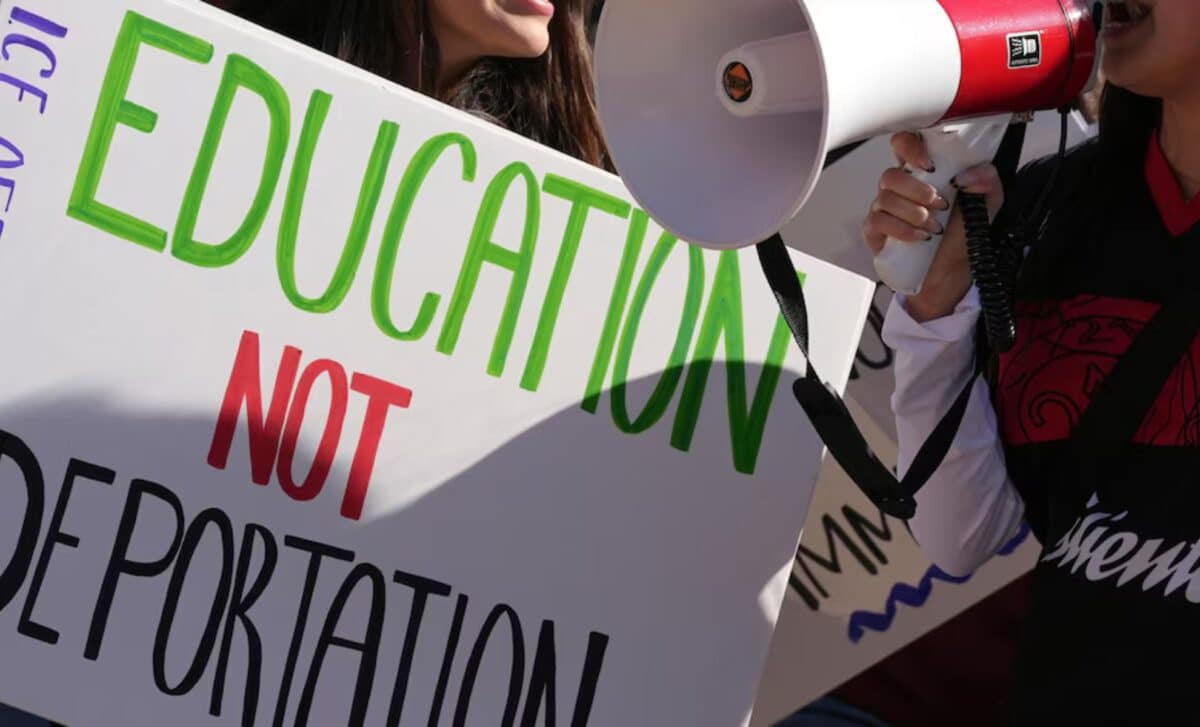A wave of visa revocations and tightened immigration enforcement has created a climate of anxiety among international students across the United States.
With summer approaching, many now face difficult decisions about whether to travel, fearing they may not be allowed to return. The impact is being felt on campuses nationwide, where uncertainty over legal status is disrupting academic and personal plans.
This growing unease follows significant shifts in federal policy and an apparent rise in status terminations, which have affected students from hundreds of institutions.
Beyond the personal consequences, the developments raise wider concerns for universities and the future of international education in the US, a sector that has long relied on foreign enrolment both academically and financially.
Visa Revocations Disrupt Summer Plans Across Campuses
A tightening of immigration enforcement in the United States has prompted thousands of international students to reconsider their summer travel plans. According to the Associated Press, over 1,200 students across 187 higher education institutions have seen their visas revoked or legal status terminated since late March.
The actual number may be far higher—more than 4,700 terminations were recorded in a federal immigration database, per an April 10 response from Immigration and Customs Enforcement (ICE) to Congress.
Many of these terminations occurred without prior notice and have raised serious due process concerns. In several instances, students were left without explanation for their visa revocations, with only minor infractions or no clear cause identified. Some have chosen to leave the country voluntarily, while others remain in hiding, fearing deportation.
Universities have responded with caution. The University of California, Berkeley issued a travel advisory, warning students of “strict vetting and enforcement” practices. This reflects a wider trend across campuses, as institutions attempt to shield their international students from an unpredictable immigration environment.
For some students, even domestic travel now seems too risky, with one University of California, San Diego PhD student cancelling a planned trip to Hawaii to avoid potential legal complications.
New Immigration Guidance Intensifies Risks for Re-Entry
The immigration landscape has shifted further following recent updates to federal guidance. In contrast to previous policies that allowed students to remain in the US after visa revocation, new rules now enable immigration authorities to terminate legal status based solely on the loss of an entry visa.
This means students who travel abroad may not be permitted to return—even if they are still enrolled and in good academic standing.
According to immigration lawyer Rishi Oza, calls from concerned students and other non-citizens have surged in recent weeks. “You kind of shake your head and say, ‘Is this the character of the country we want?’” he remarked, reflecting growing unease within the legal community.
Students have been advised to reconsider any non-essential travel and, if necessary, carry comprehensive documentation—including court records and academic transcripts—when attempting to re-enter the country.
Yet even with preparation, there is no guarantee of safe passage. One University of Illinois student, preparing to visit family in Asia, expressed fear over his return: “Right now, I’m afraid I might not be able to come back,” he said.
The uncertainty poses a significant challenge not only for individual students but for American universities at large. With more than 1.1 million international students enrolled last year—many of whom contribute heavily to tuition revenues—the chilling effect of these immigration policies could have lasting consequences.









